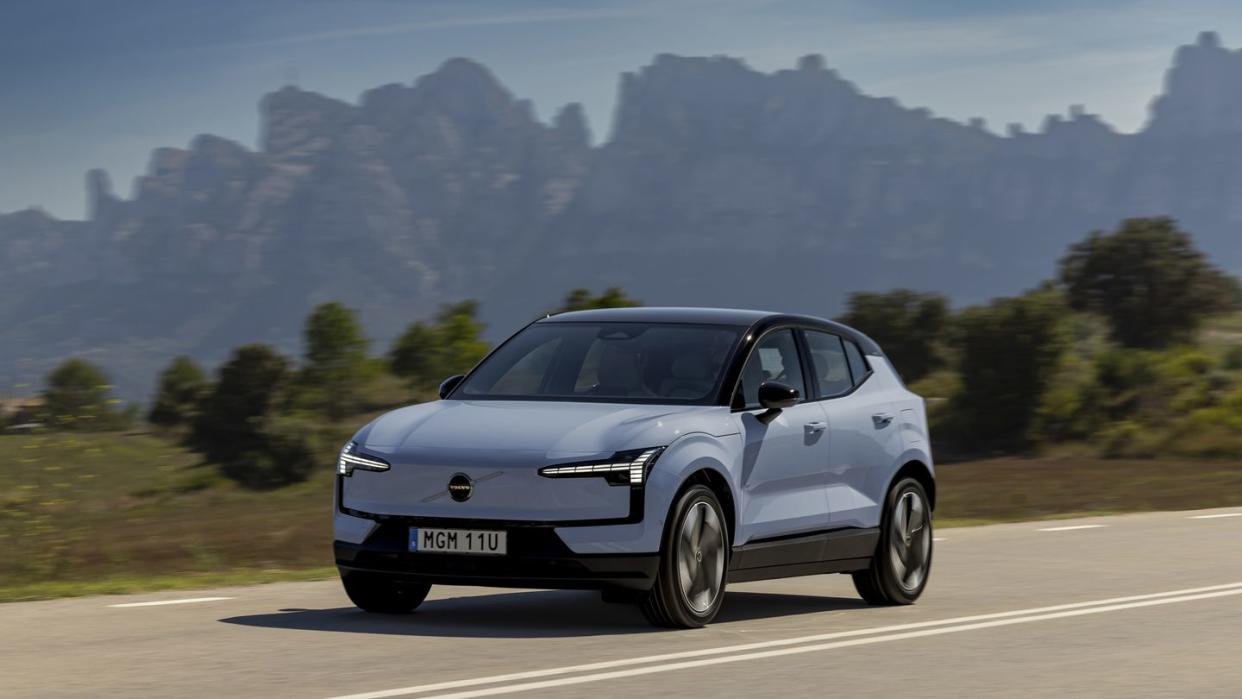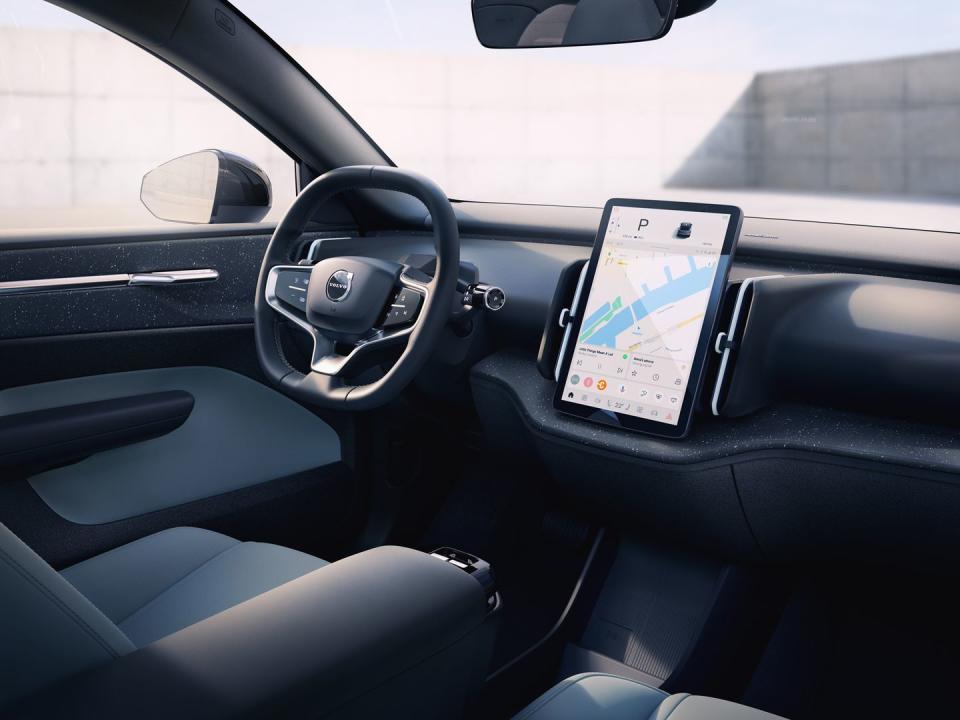Volvo EX30's U.S. Arrival Delayed until 2025, Likely Due to Tariff

Volvo told Car and Driver today that the electric EX30 crossover will be delayed until 2025.
A spokesperson cited "changes in the global automotive landscape" and said that EX30s bound for the U.S. will eventually come from Volvo's Belgium plant.
The EX30 is currently being built in China, and the U.S. recently raised its tariff on Chinese-imported EVs to 100 percent.
The Volvo EX30 looked promising when it was first revealed last summer. The tiny electric SUV combined a smart design with a capable powertrain and a solid driving range, all for a low starting price of $36,245. While sales of the EX30 were supposed to kick off this summer, customers in the United States will now have to wait awhile longer, with Volvo today confirming to Car and Driver that the EX30 will be delayed until next year.
Volvo cited "changes in the global automotive landscape" and said the delay will last while the automaker gears up production at its factory in Ghent, Belgium. The EX30 is already being built in China, and initial U.S.-bound units were expected to come from the Zhangjiakou factory. However, it seems that the recent introduction of a 100 percent tariff on Chinese-made vehicles has altered those plans.

Volvo is aiming to begin U.S. deliveries in 2025 but did not provide a more specific schedule. The company says customers with existing preorders will be given options to drive a different new Volvo until the EX30 arrives. It's unclear if the EX30 will still be sold with the $36,245 starting price or if the units coming from Belgium will carry a higher price tag due to more expensive labor costs.
Originally, Volvo was going to need to contend with a 25 percent tariff on Chinese EVs, but the company had said that the $36K starting price accounted for any government fees. Now, however, the United States has jacked up the tariff to 100 percent, as well as increased the tariff on lithium batteries sourced from China from 7.5 to 25 percent.
We expect to hear more information next year about the status of Volvo's entry-level EV.
You Might Also Like

 Yahoo News
Yahoo News 
